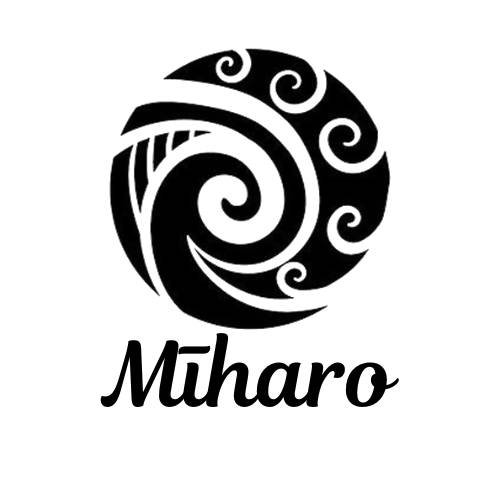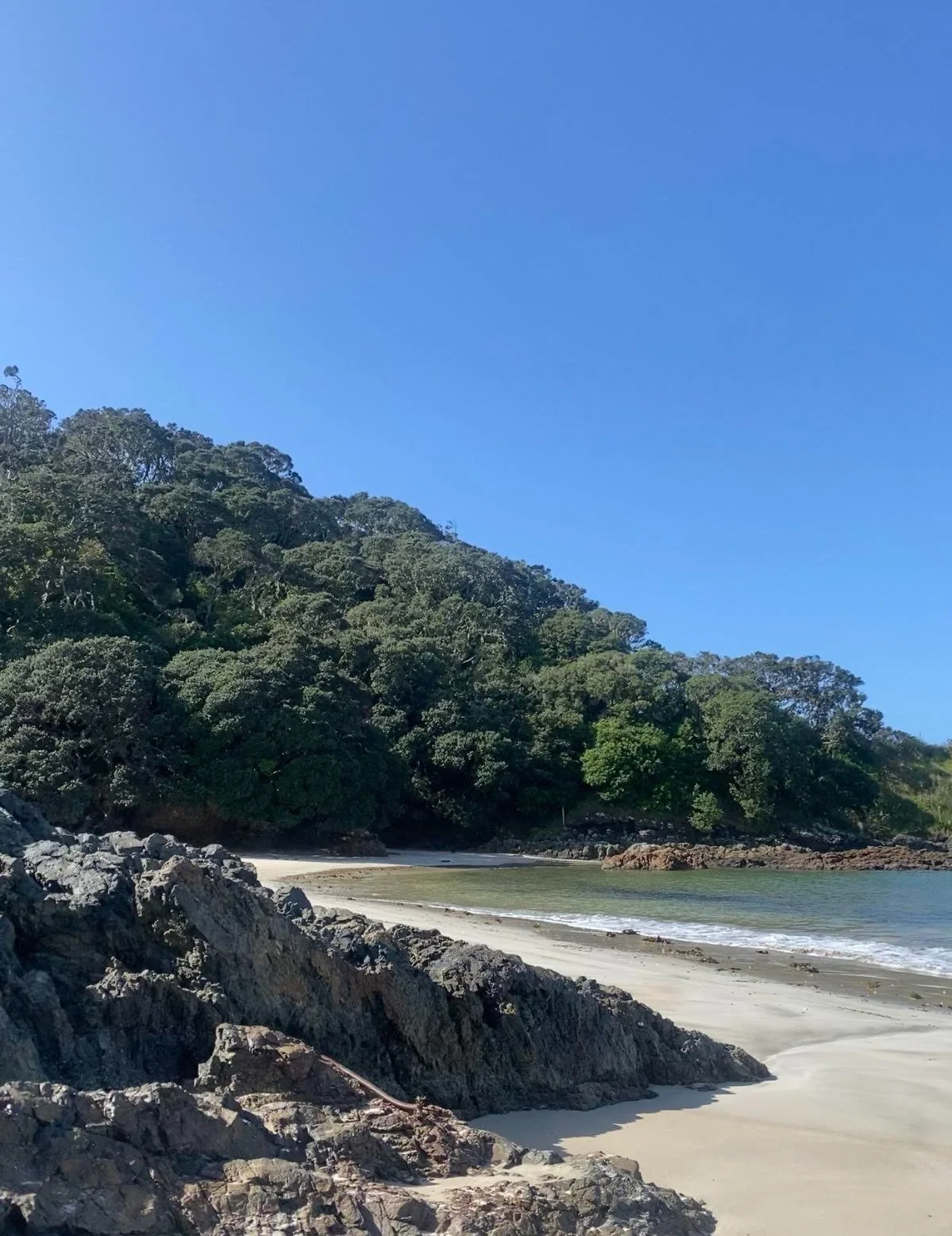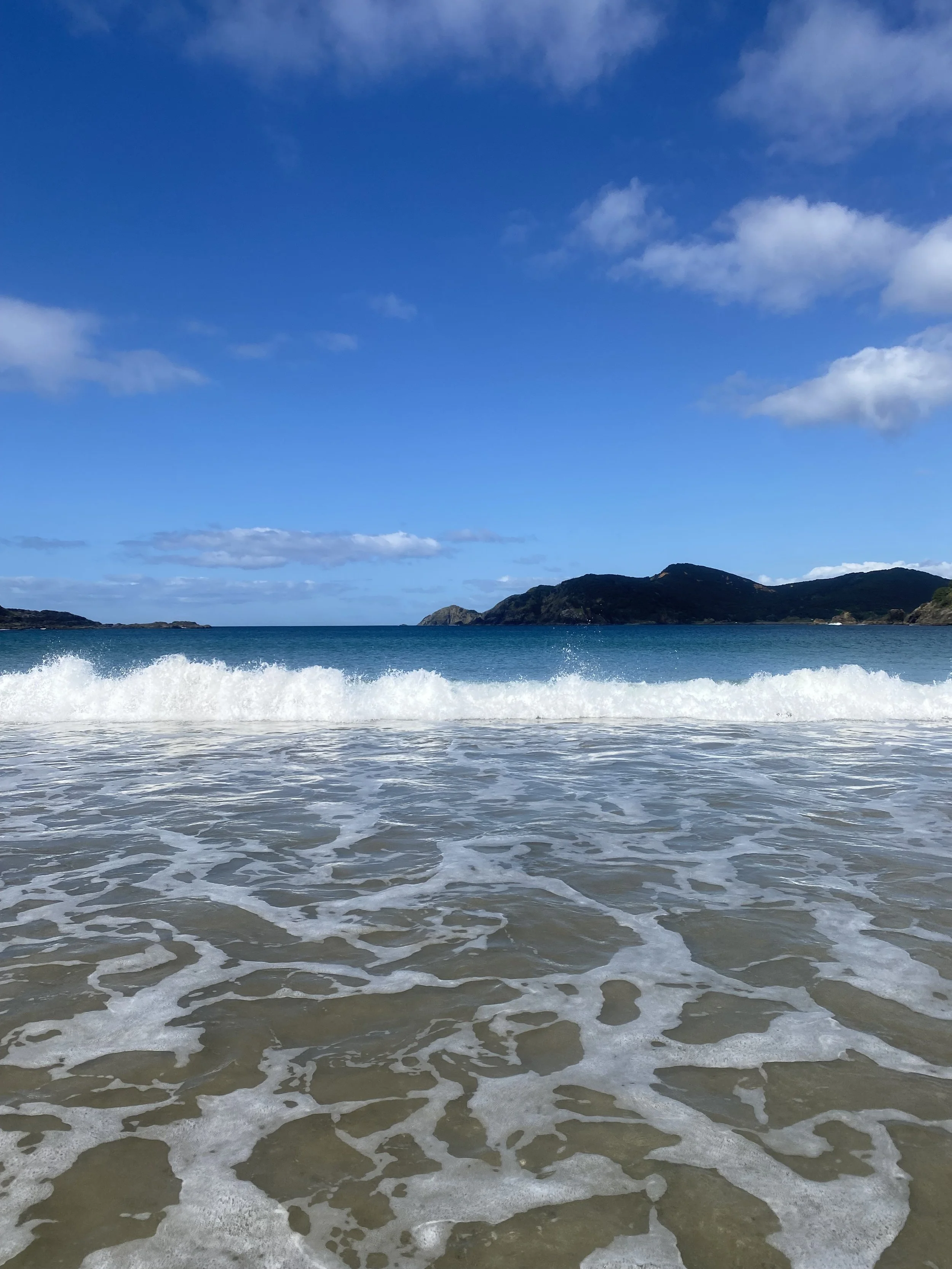Who is Mīharo?
Nau mai haere mai ki Mīharo, he rōpū mahi mō ngā whakawhanuitia te matauranga o ngā whanau, ngā kaiako rātou ngā tamariki.
Mīharo is a company dedicated to supporting and enhancing whanau, educators and management in the delivery of education outcomes for Early Learning Services and ECE across Aotearoa/ New Zealand. Our kaimahi and facilitators offer different programmes which support whanau and educators to communicate and deliver learning strategies to tamariki.
Our service, facilitators and kaimahi are current providers of Ministry of Education Strengthening Early Learning Opportunities (SELO 1 and 2) programmes across Aotearoa and also work in partnership with Talking Matters delivering to whanau and educators in Te Tai Tokerau.
Mīharo kaimahi use the Principles of Te Whāriki in relationship to the articles of Te Tiriti o Waitangi to frame our practice:
Empowerment, Whakamana
Family and Community, Whānau Tangata
Relationships, Nga Hononga
Holistic Development, Kotahitanga
Our Vision
We are committed to delivering programmes which are based in Te Tiriti o Waitangi, Te Ao Māori, Pacific and diverse cultures, languages, and identities. We have worked alongside ELS/ ECE to provide advice and guidance around assessment and evaluation with a Te Ao Māori lens. While working with Pacific aiga in the Whangārei and Dargaville area to run playgroups and engage with ELS/ ECE to recognise and reflect Pacific culture and identity and to create engaging environments for Pacific aiga.
Together our our aim to develop and deliver tailored professional development that is flexible and responsive to the specific needs of an early learning service, we possess a wide skill base of expertise and experience as facilitators and can confidently address any of the following areas which they have already provided successfully to ELS/ ECE across Tai Tokerau, to align with regulation and Ministry of Education expectations.
-
Curriculum delivery and inclusive practice,
Working with planning, assessment and evaluation of Te Whāriki,
Providing care and education to tamariki with diverse needs,
Working with Ministry of Education learning support professionals and government agencies for the best outcomes for tamariki with learning support needs.
Te Tiriti o Waitangi specialities; developing a local curriculum that identifies the special place of tangata whenua and working with whānau of all cultures
Supporting teachers, Kaiako and/or educators to improve their teaching practices, demonstrated by the service curriculum being informed by assessment, planning and evaluation (documented and undocumented) that demonstrates an understanding of children’s learning, their interest, whānau, and life contexts.
Ensuring the service curriculum is inclusive, and responsive to children as confident and competent learners. Children’s preferences are respected, and they are involved in decisions about their learning experiences.
Supporting ELS to create inclusive environments where diversity is valued and tamariki feel safe and can thrive.
Supporting services and kaimahi to understand, recognise and respond to issues of racism, discrimination, and bullying.
Supporting ELS to understand and support Māori and Pacific cultural, identity and language and world views.
Supporting ELS to understand and support tamariki with additional learning support needs.
Supporting ELS to engage with their community and whānau to design and deliver education that better supports the aspirations of Māori and Pacific communities.
Strengthening ELS practice through identifying gaps in capabilities and developing confidence and competence to teach diverse learners and deliver culturally responsive teaching.
Supporting children’s progress by engaging with whānau to help identify children’s next learning steps in key areas of learning such as social and emotional learning.
Build ELS capability in te reo Māori and tikanga Māori practices and integrate this into curriculum delivery.
Supporting ELS to deliver Te Whāriki whilst valuing the cultural knowledge each whānau and ākonga bring to their education, including supporting early numeracy and literacy skills.
-
Kitchen verification
-
Financial and business acumen
Work with the owner/operator to review all policies and practices
Operational management and implementation
debtors, budgeting, income, and expenditure
All aspects of initial set up of an ELS
Purchasing already operating ELS, working with business model framework,
Marketing, and sales to enhance enrolments.
Business management and Policy writing,
Covid response and implementation;
Employment relations;
Supporting ELS to record outcomes from a review and evaluation process. Outcomes show how the service has regard for the Statement of National Education and Learning Priorities (NELP) in its operation
Ensuring ELS hold and maintain evidence of suitable human resources processes including processes for human resource management, including selection and appointment procedures, Job/role descriptions, Induction procedures into the services, A system of regular appraisal, Provision for professional development.
Coaching and mentoring leaders to advance with Professional Growth Cycles and appraisals of staff.
Supporting implementation of suitable Human resources processes including safety checking. And a process to undergo safety checks all children’s workers before they have access to children in accordance with the Children’s Act 2014.
Supporting ELS implementation of a suitable annual plan identifying 'who', 'what', and 'when' in relation to key tasks the service intends to undertake each year, and how key tasks will have regard to the Statement of National Education and Learning Priorities (NELP).
Supporting ELS to engage parents of children attending the service and adults providing education and care in providing opportunities for them to contribute to the development and review of the service's operational documents (such as philosophy, policies, and procedures and any other documents that set out how day to day operations will be conducted).
Supporting and implementing an ongoing process of self-review helps the service maintain and improve the quality of its education and care. (Reg 47/GMA6);
Supporting ELS to engage parents of children attending the service and adults providing education and care in providing opportunities for them to contribute to the development and review of the service's operational documents (such as philosophy, policies, and procedures and any other documents that set out how day to day operations will be conducted)
Pātai-Questions
Pātai-Questions
Contact us.
tiare.miharo@gmail.com
12 Erin Streeet
Tikipunga, Whangarei



